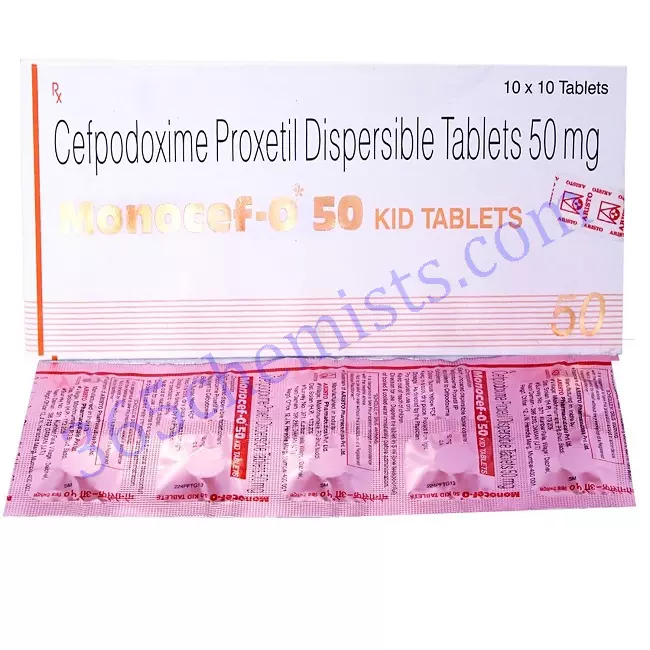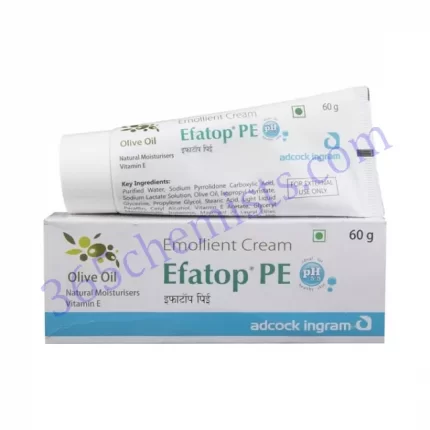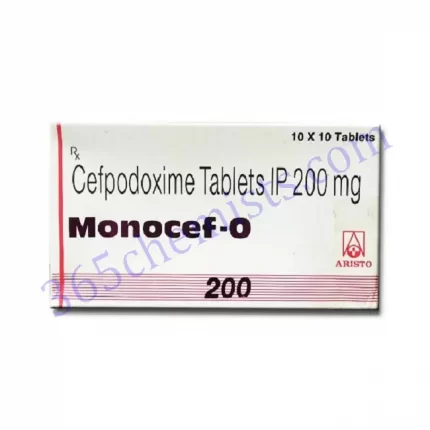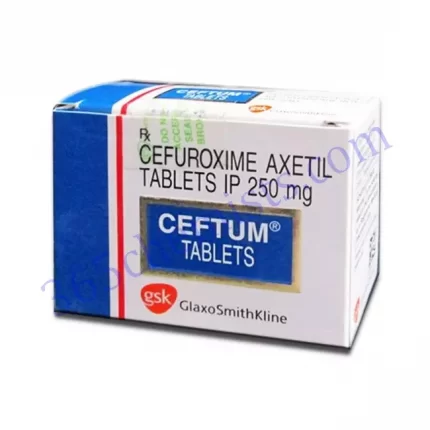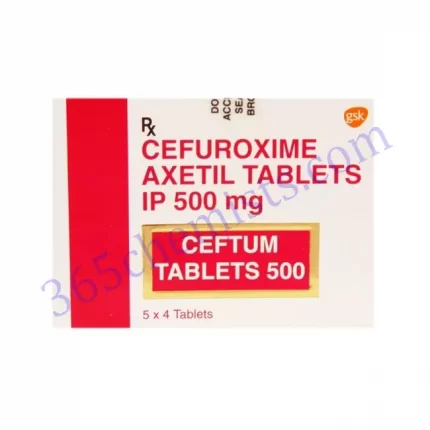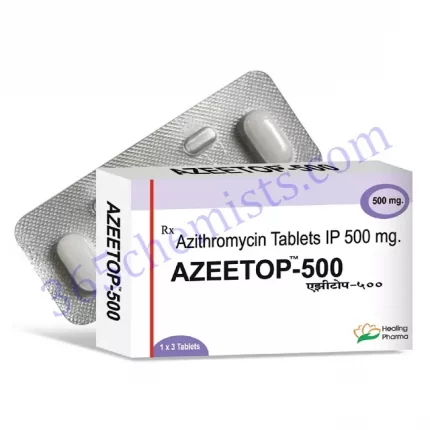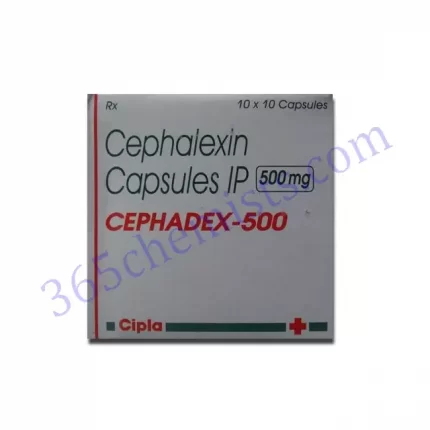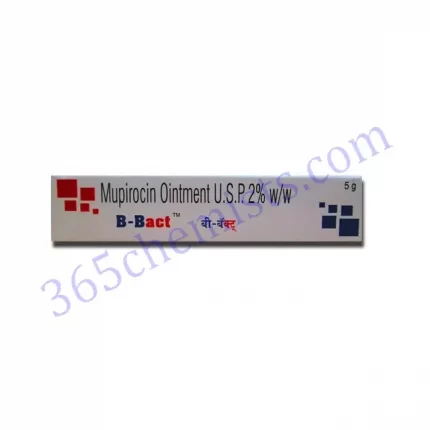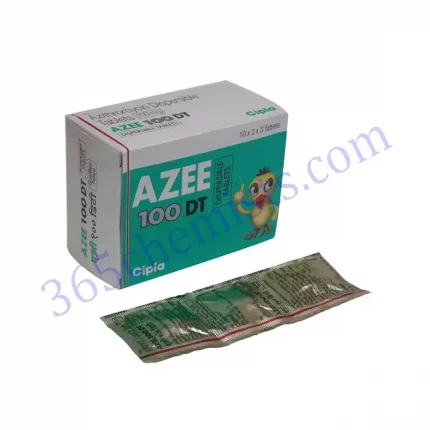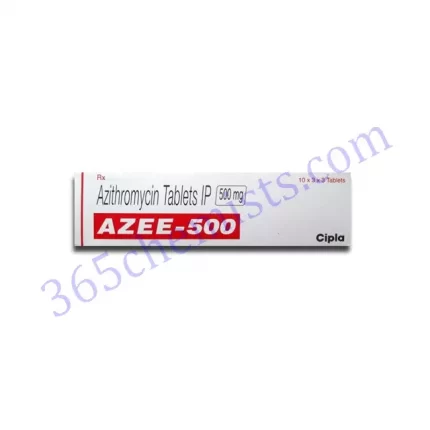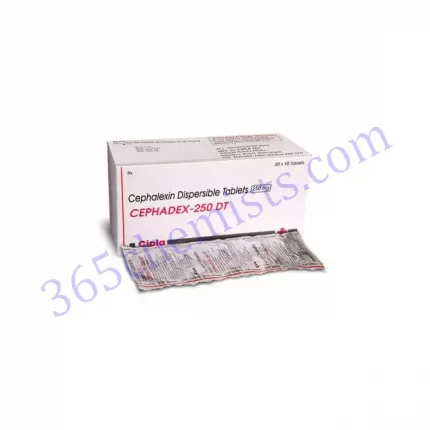Monocef O Kid 50mg Tablet: Effective Cefpodoxime Proxetil Treatment for Pediatric Bacterial Infections
The Monocef O Kid 50mg Tablet is a highly effective medication that has been developed specifically for the treatment of paediatric patients. Cefpodoxime Proxetil, a broad-spectrum cephalosporin antibiotic, is the active ingredient in this product. This antibiotic is well-known for its effectiveness in the treatment of bacterial infections in children. If your child is suffering from an infection of the respiratory tract, an infection of the urinary tract, an infection of the skin and soft tissues, or any other type of infection, the Monocef O Kid 50mg Tablet provides a reliable solution to combat bacterial pathogens and promote recovery.
Effective Antibacterial Action
Cefpodoxime Proxetil, the primary ingredient in Monocef O Kid 50mg Tablet, exerts its antibacterial action by inhibiting the synthesis of bacterial cell walls. This helps Monocef O Kid 50mg Tablet fight bacterial infections. Because of this action mechanism, the growth of bacteria is inhibited, which ultimately results in the death of the bacteria. It is highly effective against a wide variety of bacteria, including Staphylococcus aureus, Haemophilus influenzae, Escherichia coli, and Streptococcus pneumoniae. The Monocef O Kid 50mg Tablet works to control the infection and alleviate the symptoms associated with it in paediatric patients by attacking the bacterial pathogens that are responsible for it.
Versatile Treatment Options for Pediatric Infections
The versatile treatment options offered by the Monocef O Kid 50mg Tablet are ideal for the management of bacterial infections in children. Infections of the respiratory tract, such as otitis media and tonsillitis, as well as infections of the urinary tract, such as cystitis and pyelonephritis, are among the most common conditions for which it is prescribed. In addition, the MonocefO Kid 50mg Tablet is an effective treatment for skin and soft tissue infections in children that are caused by bacteria that are susceptible to the medication. Because of its wide range of applications, the Monocef O Kid 50mg Tablet is an invaluable resource for medical professionals in the treatment of bacterial infections in paediatric patients.
Related Dosage
Monocef O 100mg DT Tablet
Monocef O 100mg Tablet
Monocef O 200mg Tablet
Monocef O 50mg Oral Suspension
Monocef O 100mg Oral Suspension
Monocef O CV DT Tablet
Monocef O Kid 50mg Tablet
Monocef 1gm Injection
Monocef 2gm Injection
Monocef 125mg Injection
Monocef 250mg Injection
Monocef 500mg Injection
Monocef SB 1g Injection
Dosage and Administration for Children
The dosage of Monocef O Kid 50mg Tablet that should be given to children will be decided by a healthcare professional and will be based on the child’s age, weight, and the seriousness of the infection that they have. It is critical that the prescribed dosage and administration instructions provided by the medical professional be adhered to in a meticulous manner. It is possible for the dosage, frequency, and length of treatment to change depending on the particular infection being treated as well as the child’s reaction to the medication. For the Monocef O Kid 50mg Tablet to work as effectively as possible, it is essential to ensure that the dosage is taken correctly and that it is administered in the right manner.
Safety Considerations for Pediatric Use
Even though the Monocef O Kid 50mg Tablet is generally safe and well-tolerated in children, it is essential to take safety precautions that are specific to the use of children when using this medication. Before beginning treatment with MonocefO Kid 50mg Tablet, it is important to discuss any pre-existing medical conditions, ongoing medications, or known allergies with the healthcare provider who will be treating your child. This information will assist the healthcare provider in evaluating whether or not the medication is appropriate for the specific circumstances surrounding your child and in providing the appropriate direction.
Potential Side Effects in Children
Monocef O Kid 50mg Tablet, like any other medication, has the potential to cause adverse effects in some children. The symptoms of gastrointestinal distress, which can include nausea, abdominal pain, and diarrhoea, are among the most common adverse effects. Rash-like manifestations on the skin, itching, and allergic reactions are some of the other potential adverse effects. In most cases, paediatric patients only experience mild and fleeting manifestations of these side effects. However, it is imperative that you seek immediate medical attention if your child experiences side effects that are severe or continue for an extended period of time.
Preventing Antibiotic Resistance in Pediatric Treatment
Utilisation of the Monocef O Kid 50mg Tablet in a responsible manner is essential in the fight against the development of antibiotic resistance, particularly in paediatric patients. It should only be used when absolutely necessary and for the amount of time that is specified. Antibiotics are an important weapon in the fight against bacterial infections in children, and it is important that they are not overused or misused. This helps to preserve their effectiveness and ensures that they will continue to be a valuable tool in this fight. Consult the healthcare provider who cares for your child if you have any worries or questions about the correct way to administer MonocefO Kid 50mg Tablet to your child.
Conclusion
When it comes to the treatment of bacterial infections in paediatric patients, the medication known as MonocefO Kid 50mg Tablet, which contains Cefpodoxime Proxetil, is one that is both effective and safe. When it comes to the treatment of respiratory tract infections, urinary tract infections, and skin and soft tissue infections in children, its broad-spectrum activity, versatility, and appropriate formulation make it a trusted choice for medical professionals. The ability of the Monocef O Kid 50mg Tablet to effectively control infections, alleviate symptoms, and promote recovery in paediatric patients is contingent on the patient’s adherence to the recommended dosage, observance of all safety precautions, and consultation with a paediatric healthcare provider.

